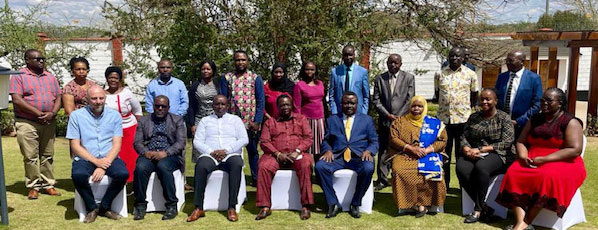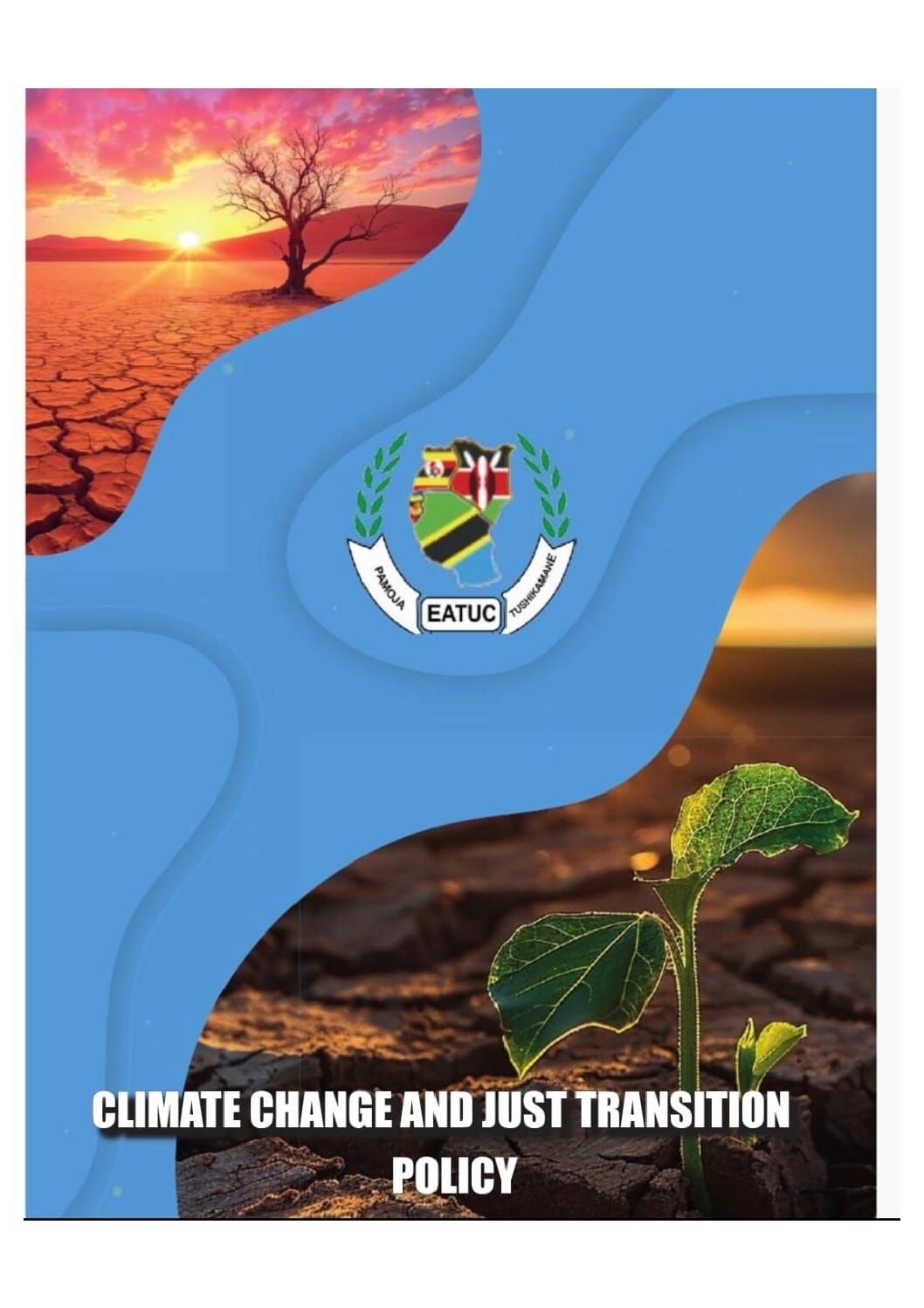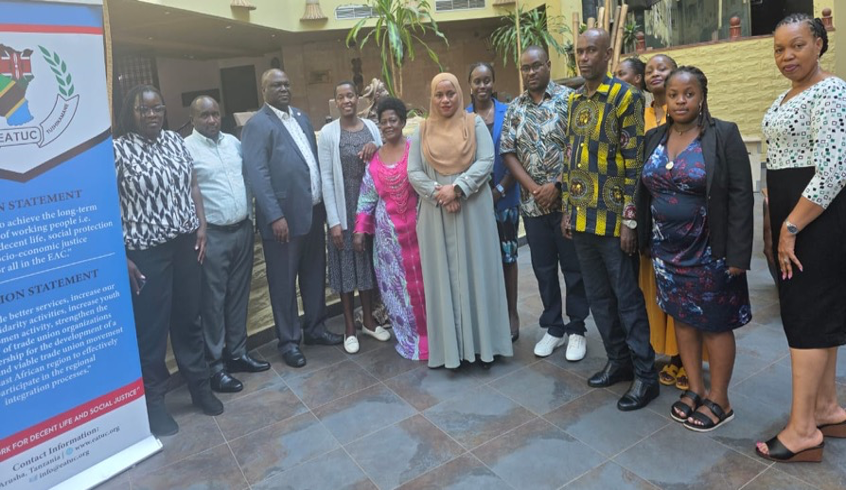Advocacy Strategy on Trade and Investment

Trade has long been a critical driver of development. Increased trade and trade opportunities encourage greater production and productivity, which are essential for fostering development. However, to leverage trade as a tool for promoting decent jobs, gender equality, and sustainable development, it is crucial for working people to be actively involved in the development of trade policies and negotiations.
The trade and investment policy-making process typically involves various institutions and stakeholders, with engagements occurring at the national, regional, and global levels. These processes are often shaped by diverse players with varying degrees of influence, such as multinational corporations, key institutions like the World Bank, powerful nations or blocs like the European Union and the United States, and the media. Yet, trade unions, civil society organizations, farmers’ groups, and consumers, particularly from Least Developed Countries (LDCs), are often excluded or lack the opportunity to contribute to trade policy and negotiations, as these processes are frequently dominated by State Actors.
EATUC-Advocacy-Strategy-on-Trade-and-Investment







